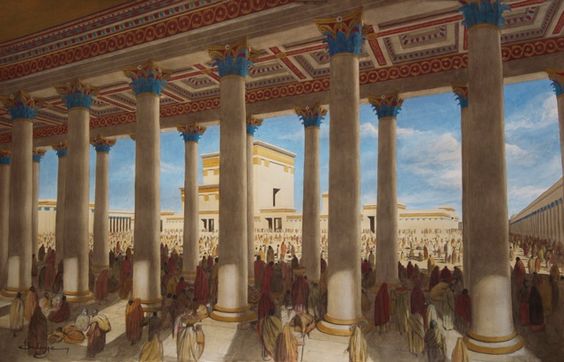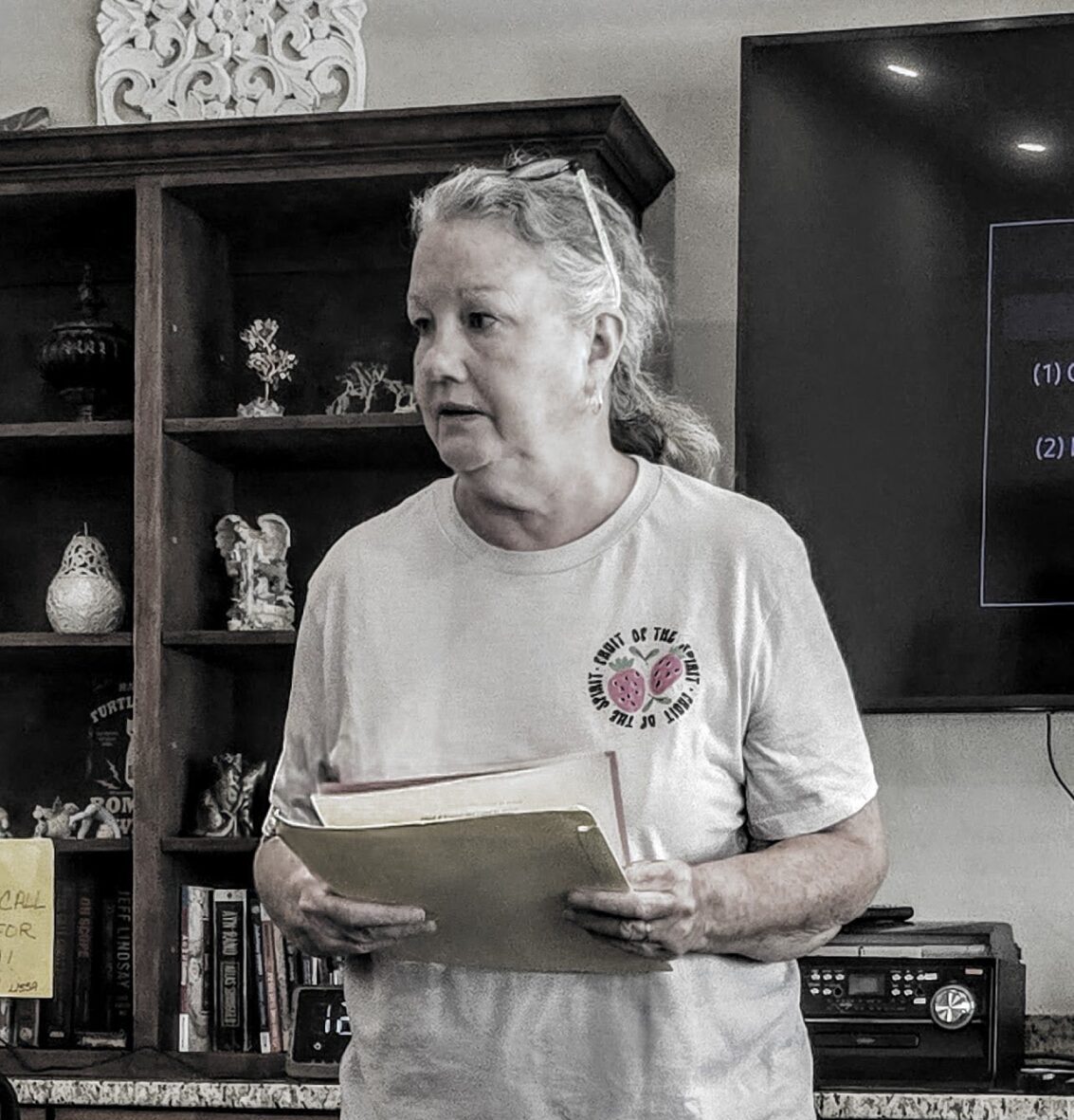In the Aftermath of Chastening Part 2 (Acts 5:12-16)
Continuity of Miraculous Power (Acts 5:12a)
With the conjunction and of and through the apostles hands (δὲ τῶν χειρῶν τῶν ἀποστόλων) of Acts 5:12, the material following the tragedy of Ananias and Sapphira (Acts 5:1-11) is tied to the record of what follows (Acts 5:12-16). In effect, using the coordinating conjunction, Luke tells the reader to look at Acts 5:12-16 in light of what has just happened and to see it as a continuation of the Spirit’s work. Notice the continuity.
Do not miss the fact that the power of the apostle’s anointing continued to be at work with many signs and wonders being done among the people. Do not miss the significance of their continued ability to do miracles.
The same Spirit that was at work in the separation of the liars is still at work in the support of the leaders.
Their credentials as approved men of God and authorities to whom the people must listen were in the many signs and wonders (John 10:38; 14:11). If you were struggling with what had happened, your confidence in the apostles would be restored daily by their godly character and their great ongoing power and willingness to help others free of charge. Through the continuity of miracles through the apostles, Christ was telling the church that He continued to be at work both in and through the apostles and that He approved of the outcome with Ananias and Sapphira.
Continuity of Unified Fellowship (Acts 5:12b)
See their cohesion and oneness; the people continued to be unified as a fellowship. It says that they were all with one accord in Solomon’s Porch. In light of verse 13 the all is certainly a reference to the known congregation prior to the event of Acts 5:1-11. That same group of people, minus two, is still meeting in Solomon’s Portico or colonnade.

Figure 1: Solomon’s Porch Concept Art – Covered area with columns
Thousands of people have come to faith since Pentecost; the outpouring of the Spirit was in a room where a 120 people could meet. There are too many people to meet in the upper room mentioned in Acts 2. The apostles have taken up the practice of Jesus (John 10:23); they go to an open place in the temple to meet with the people in a ministry of teaching and miracles.
Unity remained and the custom of coming together in the temple to hear the word continued. When the Lord cleanses His community, the problem is removed, and the people continue in unity. If a church community disintegrates on account of disobedience, it may be an indicator that the Lord is removing the lampstand (Matthew 5:13-16; Revelation 2:5) of that fellowship. Unity is important and after a tragic event it must be guarded and promoted. Why is unity important?
Unity is an indispensable attribute of fellowships that will be effective as witnesses in their communities (Acts 1:8; John 13:35; 17:21) and in the work for which we were saved (Ephesians 2:10; 4:15-16 Galatians 6:2). The ongoing unity made the Jerusalem fellowship fit for witnessing to the world and the work of building up one another. Prince among preachers, Charles Spurgeon (June 19, 1834 – January 31, 1892), puts the importance of unity in perspective:
Satan always hates Christian fellowship; it is his policy to keep Christians apart. Anything which can divide saints from one another he delights in. He attaches far more importance to godly fellowship than we do. Since union is strength, he does his best to promote separation. (Spurgeon, 1868).
The events of Acts 5:1-11 (chastening or church discipline) and Acts 5:12-16 (continued power and unity) are a lesson for the modern church. We are prone to permit and tacitly promote evil when we do not take an active stand against it in our fellowships. Why? We are fearful that we will lose membership, lose financial stability, and lose our ability to reach the surrounding community. But the truth is that the compromise of not confronting and cutting out willful sinning will grieve the Spirit and hence undermine out witness. We cannot bear fruit if we do not abide in His word. Acts 5:1-16 is telling our churches to not believe the lie of losing the church if we deal with sin. The truth is that we will lose our churches if we don’t deal with willful disobedience.
Evaluate and Embrace or Eliminate — People and things that underscore the importance of unity and undertake the ongoing challenge to protect and promote Christ-centered unity in our churches are of the Spirit and missional in nature. People and things that persistently undermine church unity are demonic and are used by the devil in his dogged determination to destroy men and the mission given the local church. Take inventory church. Evaluate and embrace everything that is found to be in the first category. Eliminate with extreme prejudice everything that falls into the second and everyone that, when confronted, will not repent.
In this regard I am especially qualified to say something. My journey with Jesus has included highs in ministry and times of dealing with disobedience in ways that have been painful, public, and yet absolutely necessary for the health of the fellowship… and my own walk with God. Now I am thankful. In the handling of sin in our fellowships we cannot forget the importance of grace, gentleness, and the goal of restoration. Let nothing be done toward the sinning brother or sister that does not take into account God’s grace toward us in Christ (Ephesians 4:32); recipients of grace must not forget their own history of rebellion and the great grace that brought about their repentance. Gentleness, if possible, should be shown toward those who have failed. Only when the sinning persons demonstrates an unwillingness to repent should fellowship be shut off and interactions be limited to what is absolutely necessary. Finally, we should aim for restoration. That means, although a period of separation or being sidelined is in order, we want to see our brothers and sisters back in fellowship and using their gifts for the glory of God and the good of others. Peter failed. After a time he was restored. The brother in Corinth failed. He needed to be put out for a time. But not permanently. He needed to be restored. Restoration should become part of our stories; otherwise our churches become characterized by the false notion that the members have not messed up and that failure is unforgivable and the end of fellowship — an anti-gospel of sorts.
Questions for Consideration
- Is the fear of repercussions preventing your fellowship from confronting sin issues in the congregation?
- Does the church have a history of helping a fallen brother or sister get back up?
- What message does it send to the surrounding community if the person who fails is sent away permanently?
References
Spurgeon, Charles H. (1868). Lectures to My Students. Marshall, Morgan & Scott.


